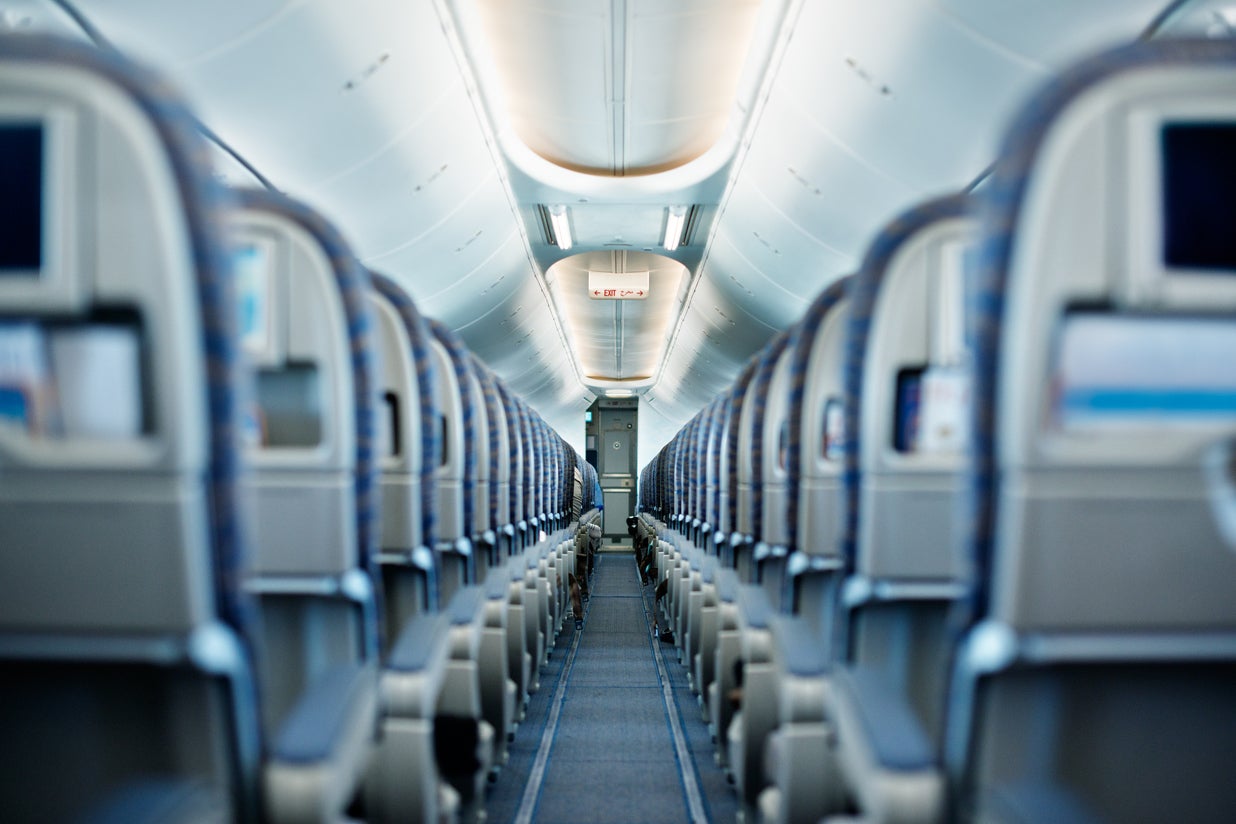Coronavirus: Airline passengers trying to switch seats will be told to stay put
Cheap seats shuffle consigned to aviation history in contact tracing bid

Your support helps us to tell the story
From reproductive rights to climate change to Big Tech, The Independent is on the ground when the story is developing. Whether it's investigating the financials of Elon Musk's pro-Trump PAC or producing our latest documentary, 'The A Word', which shines a light on the American women fighting for reproductive rights, we know how important it is to parse out the facts from the messaging.
At such a critical moment in US history, we need reporters on the ground. Your donation allows us to keep sending journalists to speak to both sides of the story.
The Independent is trusted by Americans across the entire political spectrum. And unlike many other quality news outlets, we choose not to lock Americans out of our reporting and analysis with paywalls. We believe quality journalism should be available to everyone, paid for by those who can afford it.
Your support makes all the difference.As the coronavirus pandemic transforms passenger aviation, the cheap-seats shuffle is no more.
Traditionally, some economy-class passengers on flights that are not full will move from their assigned seats before or shortly after take-off.
But anyone hoping to take advantage of extra space is likely to be scolded by cabin crew and told to go back to their assigned place.
Passengers remaining in their allocated seats is one of the measures the International Air Transport Association (Iata) says will be necessary when aviation restarts at scale.
Iata’s member airlines are desperate to attract new business. The association calculates that the airline industry’s global debt could rise to $550bn (£450bn) by the end of the year.
The restart will depend upon passenger confidence. Airlines and airports are deploying measures from airport temperature checks to mandatory face coverings on board in a bid to reduce risk and reassure travellers.
But since some passengers may, knowingly or not, take flights while infectious, Iata is also recommending a track-and-trace system whereby nearby travellers can be reached after the journey and told to self-isolate.
Nick Careen, Iata’s senior vice president for airport, passenger, cargo and security, said: “Once you are in your seat, you can’t change any more.”
By ensuring the airline’s seating records tally with passenger behaviour, contact tracing will be much more effective.
The European Union Aviation Safety Agency (EASA) says: "The prompt availability of passenger locator data is extremely important for the success and effectiveness of contact tracing operations in order for public health authorities to identify and notify people who were sitting in close proximity to an infected case and to give them advice accordingly."
Prior to the coronavirus pandemic some airlines sought to dampen self-service seat selection on board, in order not to disrupt complex “weight and balance” calculations. But many were lax, so long as passengers did not attempt to “self-upgrade”.
Alexandre de Juniac, Iata’s director general and CEO, said the aviation industry plans “a science-based biosecurity regime that will keep our passengers and crew safe while enabling efficient operations”.
He said: “The restart will go much more smoothly if governments cooperate.
“We must avoid the mess that followed 9/11 when governments acted unilaterally. This created confusion for airlines and travellers alike. And it took many years to clean up.
“We have a small window to avoid these mistakes with Covid-19 by agreeing global standards for a restart. In doing so, we must build in measures for continuous review so that we can streamline the system as science and technology evolve.”
Join our commenting forum
Join thought-provoking conversations, follow other Independent readers and see their replies
Comments